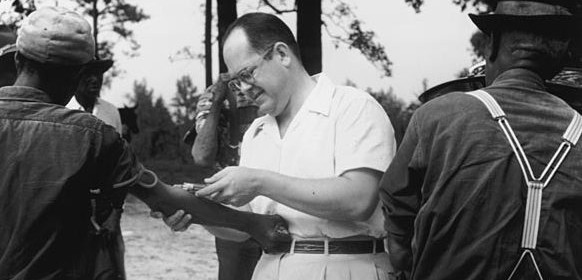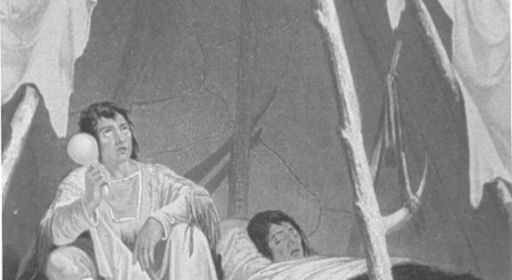The True Story Behind The Appalling Tuskegee Syphilis Experiment

Controversial research programs, unethical experimentation, and human trials have been part of the medical field for centuries. It doesn’t make it any less wrong, but certain scientists with questionable ethics have gotten away with a lot in the name of, well, science. The more (in)famous examples of wayward science include eugenics sterilization, electroshock therapy, ionizing radiation experiments, and the CIA […]
Read more
















